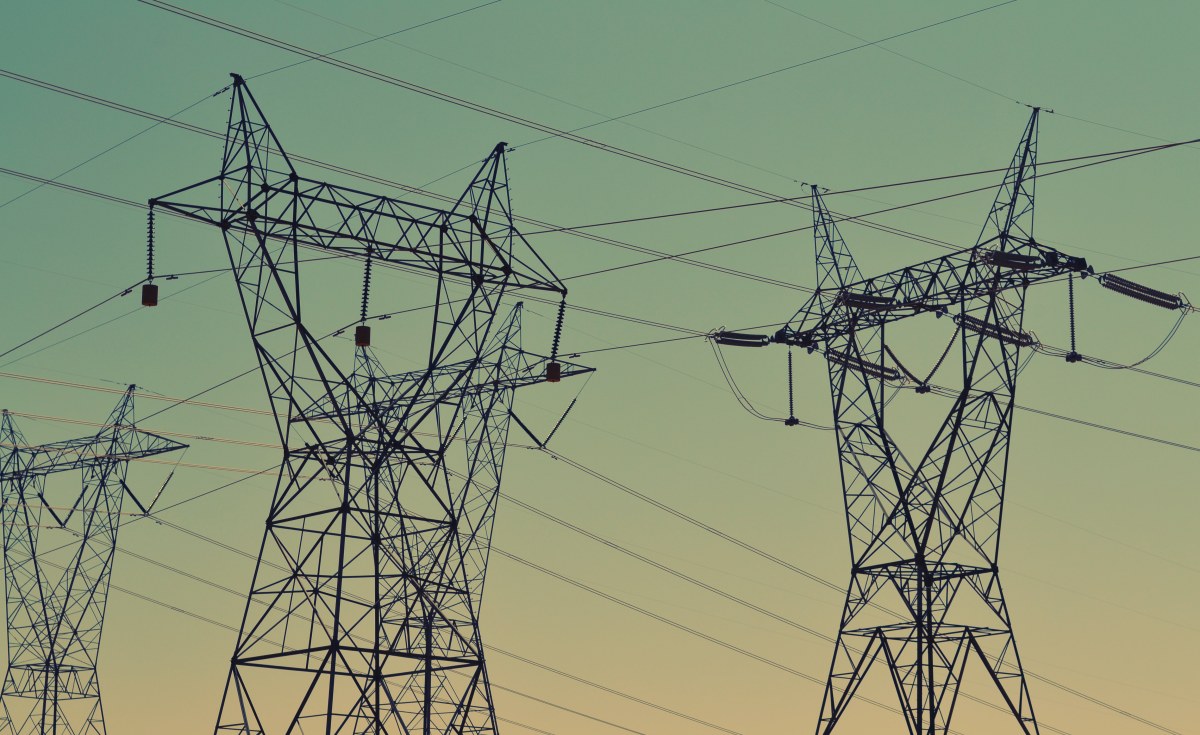Power crisis in Nigeria sparks fresh electricity shortages in Togo

The recent wave of power outages sweeping through Togo has been attributed to disruptions in Nigeria’s electrical grid, exposing the Togolese energy sector’s heavy reliance on its larger neighbor.
This latest crisis highlights the precariousness of Togo’s energy supply, which is deeply intertwined with Nigeria’s aging infrastructure that often struggles to meet regional demand.
Over the past week, Togolese households and businesses have faced increasing blackouts due to fluctuations in Nigeria’s electricity transmission.
Togo sources over half of its energy needs from neighboring states, a dependency that has reignited discussions about the need for a more resilient and self-sufficient energy policy.
A Longstanding Energy Dependence
The reliance of Togo on regional power giants like Nigeria and Ghana dates back to the post-independence era. Back then, West African countries sought energy support from larger economies rich in natural resources.
Nigeria, with its vast oil reserves, and Ghana, leveraging hydroelectric power, became vital energy suppliers for Togo.
However, this reliance has left Togo vulnerable to disruptions, as evidenced by Nigeria’s ongoing energy troubles.
The energy agreements of the 1980s reinforced these dependencies but, as recent events have shown, they have also exposed Togo’s precarious position whenever Nigeria’s grid falters.
Nigeria’s Energy Struggles Reverberate
On November 7, Togo’s state utility, Compagnie Énergie Électrique du Togo (CEET), reported fresh interruptions stemming from reduced voltage originating in Nigeria.
This was the eleventh major disruption in Nigeria’s grid this year.
Frequent outages in Nigeria, caused by aging infrastructure, chronic underinvestment, and corruption, have compounded the problem, leaving Togo and other dependent nations vulnerable.
Since the early 2000s, Nigeria has attempted to modernize its energy sector, including privatization efforts. However, despite incremental progress, demand continues to outstrip supply, putting further strain on regional partners like Togo.
Economic and Social Impact in Togo
The power crisis has disrupted everyday life in Togo, affecting businesses, healthcare facilities, schools, and households.
Production losses, delays in essential services, and deteriorating living conditions have become increasingly common.
Despite CEET’s efforts to mitigate the outages through local production, demand continues to outpace supply.
In response, Togo has pursued diversification of its energy sources over the past decade.
A notable example is the Blitta solar power station, inaugurated in 2021 as one of West Africa’s largest renewable energy projects.
This is part of an ambitious governmental push to achieve 50% renewable energy by 2030.
Regional and Geopolitical Implications
Togo’s energy challenges underscore broader geopolitical dynamics in West Africa. Dependence on regional powerhouses such as Nigeria and Ghana reflects a complex web of influence and economic ties.
Efforts to bolster regional initiatives, like the West African Power Pool (WAPP), aim to stabilize and integrate energy supplies.
At the same time, partnerships with international stakeholders, such as China and the European Union, may hold the key to financing sustainable energy infrastructure.
Reducing its energy reliance on neighbors remains a priority for Togo.
Strengthening domestic capacity and enhancing cross-border cooperation could pave the way toward greater energy security and economic resilience for the nation.
About The Author
dailymailafric
I am an avid African news observer, and an active member of Daily Mail Africa.
I’m Passionate about staying informed on diverse topics across the continent,
I actively contribute to publishing on political, economic and cultural developments in Africa.



